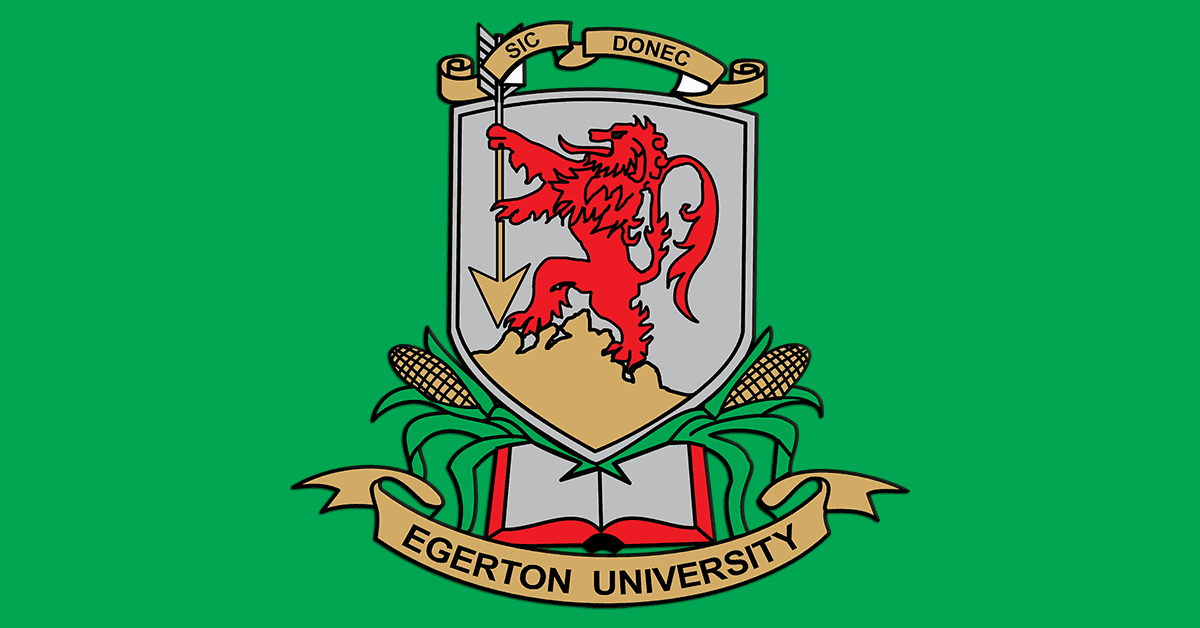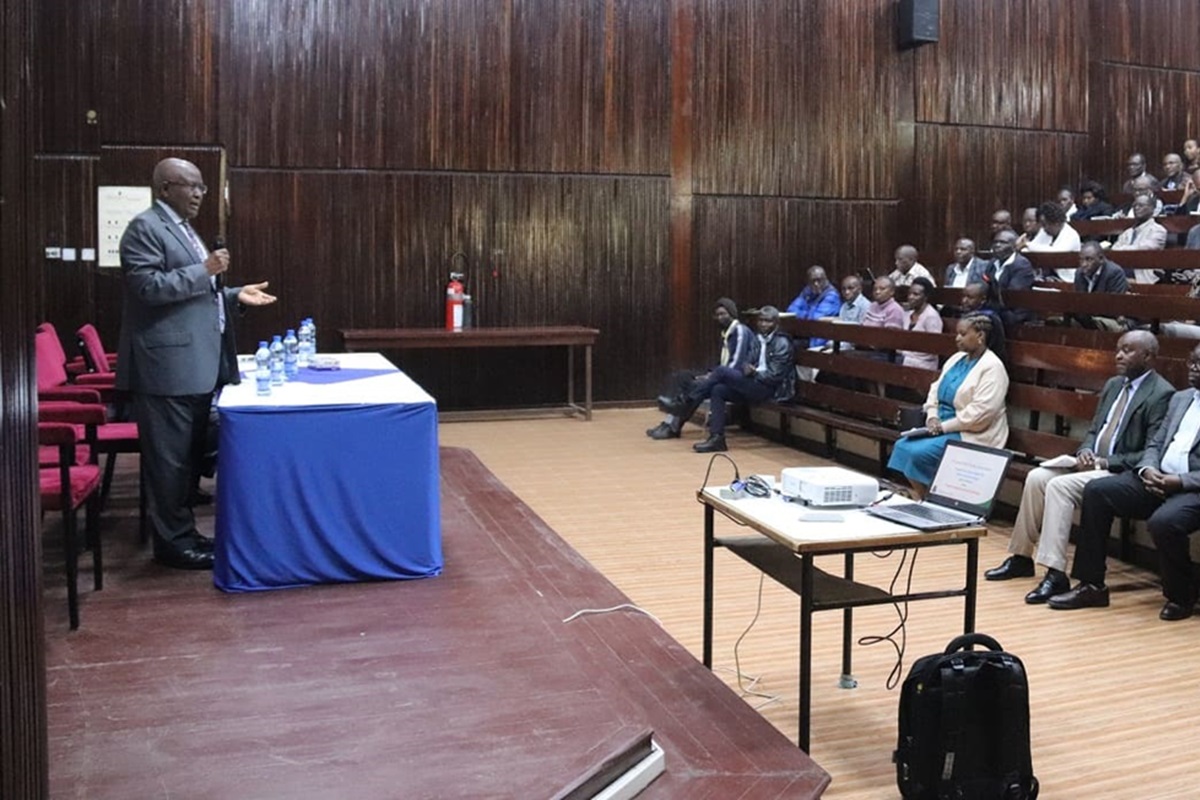
Tissue culture tech boosts Kenya’s potato yields
Kenya’s average potato yield per hectare is around ten tonnes but has the potential to increase to three times that amount with the use of disease-free seeds, according to Anthony Kibe, principal investigator of a potato community action research project led by Uganda-based Regional Universities Forum for Capacity Building in Agriculture.
The forum’s project in Kenya — one of 11 across Africa — has benefitted about 5,000 smallholders since starting in 2017. It gives farmers access to quality, seeds through a process called tissue culture — the cultivation of plant tissues or organs on specially formulated nutrient solution in a laboratory or controlled environment.
“Tissue culture offers an excellent technique for the rapid propagation of seed potato, offering high yielding disease-free planting materials.”
Anthony Kibe, Egerton University
“Tissue culture offers an excellent technique for the rapid propagation of seed potato, offering high yielding disease-free planting materials,” says Kibe.
Tissue culture produces plantlets also known as apical root cuttings, and mini tubers (tiny potato seeds) which are clean and free of disease, Kibe explains, adding that the technology speeds up the multiplication of material to facilitate distribution and large-scale planting.
Tissue culture technology is applied in the production of disease-free and high-yielding fruits and vegetables in East Africa, including bananas.
But for potatoes it is mainly practiced by large commercial farms, seed companies and government research institutions mainly because of costs and complexity of the technique, adds Kibe, an associate professor of agronomy in the crops, horticulture and soils department of Egerton University in Kenya.
This means that certified seeds are relatively expensive and out of reach of the estimated 800,000 smallholder farmers engaged in potato farming in Kenya.
As a result, only around four to five per cent of seed potato planted in Kenya are certified, according to the International Potato Center, a member of the Consortium of International Agricultural Research Centers. Read more here.
Source:SciDev.Net







